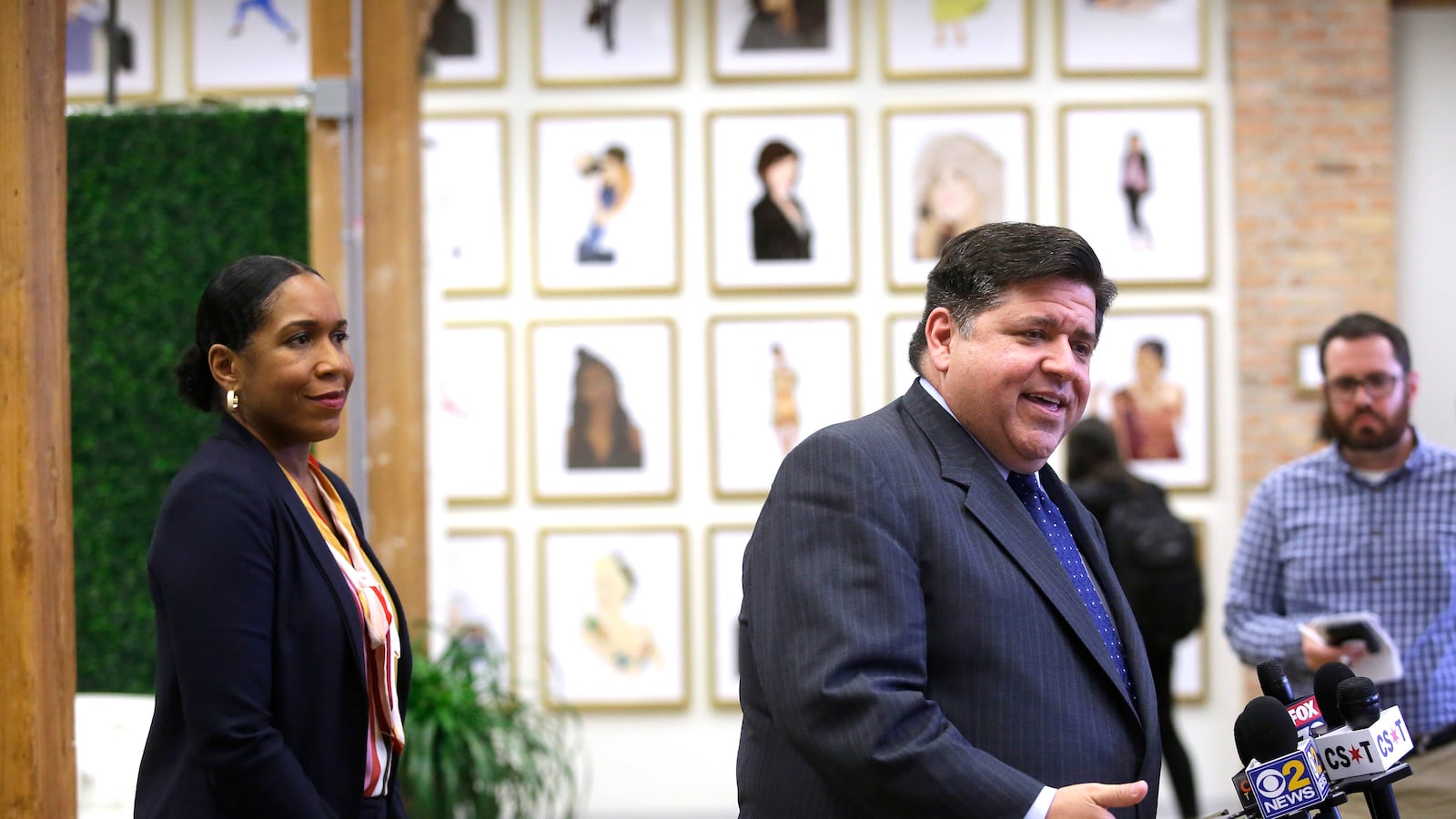J.B. Pritzker, a billionaire philanthropist who has funded early childhood education efforts nationally and in Illinois, will be the next governor of the state.
Gov. Bruce Rauner conceded shortly after the polls closed Tuesday night. In his speech, he called for bipartisan reform efforts and thanked veterans, law enforcement, and educators. “God bless our teachers,” he said.
As a businessman who spent a record setting amount on his own campaign, Pritzker galvanized support for the technology incubator 1871 — an accomplishment he touted along the campaign trail. His education efforts may not have been featured as prominently, but he’s been as formidable an influencer in early childhood education circles as in the venture capital realm.
He organized the White House Summit on Early Childhood Education for President Obama in 2014 and helped expand federal school breakfast grants to low-income school districts. And he has supported the powerful national Early Childhood Innovation Accelerator, the Chicago-based advocacy group Ounce of Prevention, and the First Five Years Fund.
The race pitted him against incumbent Rauner, who had strong ties to the early childhood advocacy world: His wife, Diana Rauner, is the longtime chief of the Ounce of Prevention. But Rauner has been criticized during his tenure for undercutting a state child care program for working families by tightening income qualifications and rolling out a training protocol that led to a precipitous drop in providers.
In an October interview with Chalkbeat Chicago and WBEZ, Pritzker described an early childhood plan that would expand birth-to-3 services and, in his own words, pave a path to universal 3- and 4-year-old preschool — something no other state has been able to fully execute. Asked why he’d shift scarce resources toward something so pricy, while also allocating more money toward the K-12 funding gap, he said it was a down payment on a continued investment.
“Over the course of a kid’s education, they are way more likely to graduate from high school, way more likely to graduate from college, to get a job, and less likely to get incarcerated when they get quality preschool and child care.”
Here’s what else he said about key education issues:
K-12 funding: Currently, 713 of Illinois’ nearly 850 districts are funded below the “adequacy targets” established in a state education funding formula, which tries to level the playing field for districts that don’t collect much through property taxes, or those like Chicago, Rockford, and Peoria that serve predominantly low-income students.
The estimated cost of closing the gap? $6.8 billion. But it’s never been clear where Illinois would find that money.
Pritzker campaigned on a progressive income tax platform that would wring more from wealthy residents and less from people in middle- and low-income brackets. He says that the graduated income tax would free up more funding for schools. But even if such a plan were to pass through the Legislature, it would require a state referendum — a process that would take until at least 2020.
In the short term, Pritzker said in the Chalkbeat/WBEZ interviews that he’d look to legalizing sports betting and recreational marijuana while working on a plan to reduce incarceration.
Elected school board: Pritzker has said he supports an elected school board for Chicago.
School choice: Pritzker told us he would impose a moratorium on charter school expansion. But asked directly if he would curtail the authority of a state charter commission established to work as an appellate body for denied proposals, he demurred, saying that there are good charter schools “worthy of support.” Adequate funding for district schools, he said, should come before “expanding the opportunity for people to start charters.”
The state’s tax credit scholarship program: He has been consistent in his opposition to school vouchers and said he opposes taking state money away from public schools for the state’s private school tax credit scholarship plan, which was a pet project of Rauner’s. Reporting from WBEZ found that 28 percent of the first-year recipients were not considered low-income even though the program was touted as a way to help low-income students attend schools they couldn’t afford otherwise.
Shoring up the flagging university system: Pritzker has said he’d push for increasing financial aid and restoring funding for colleges and universities that was cut during the Rauner administration. He said he’d push for making sure that community college credits transfer to public universities and work toward expanding career and technical education programs.

